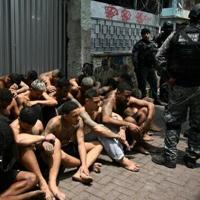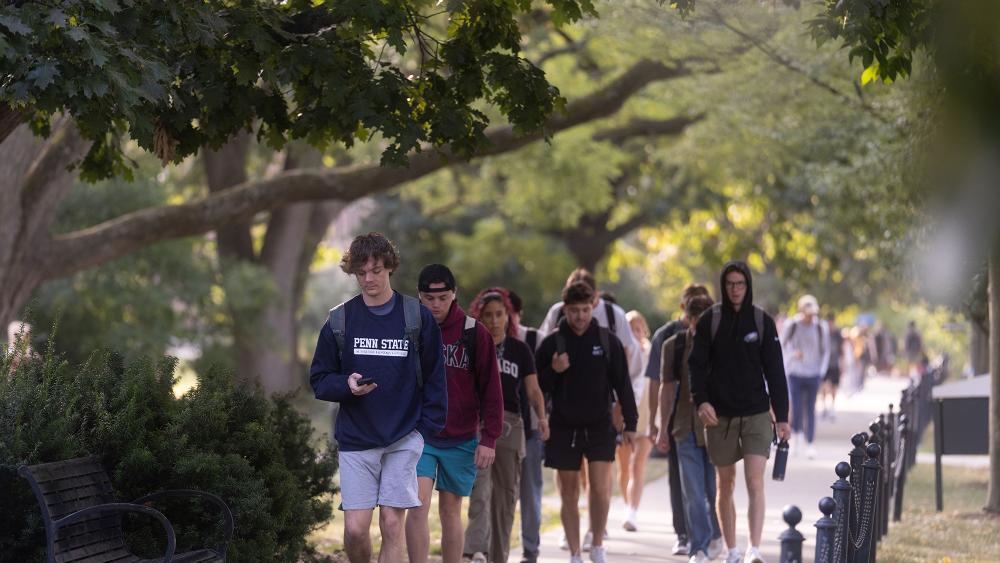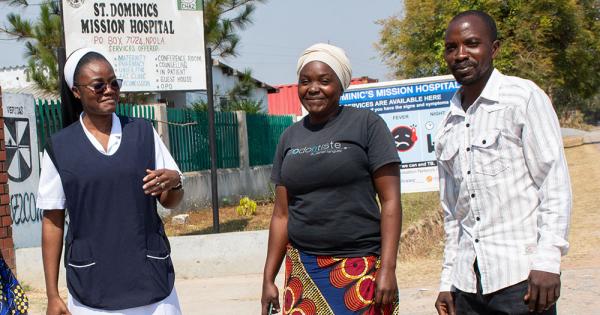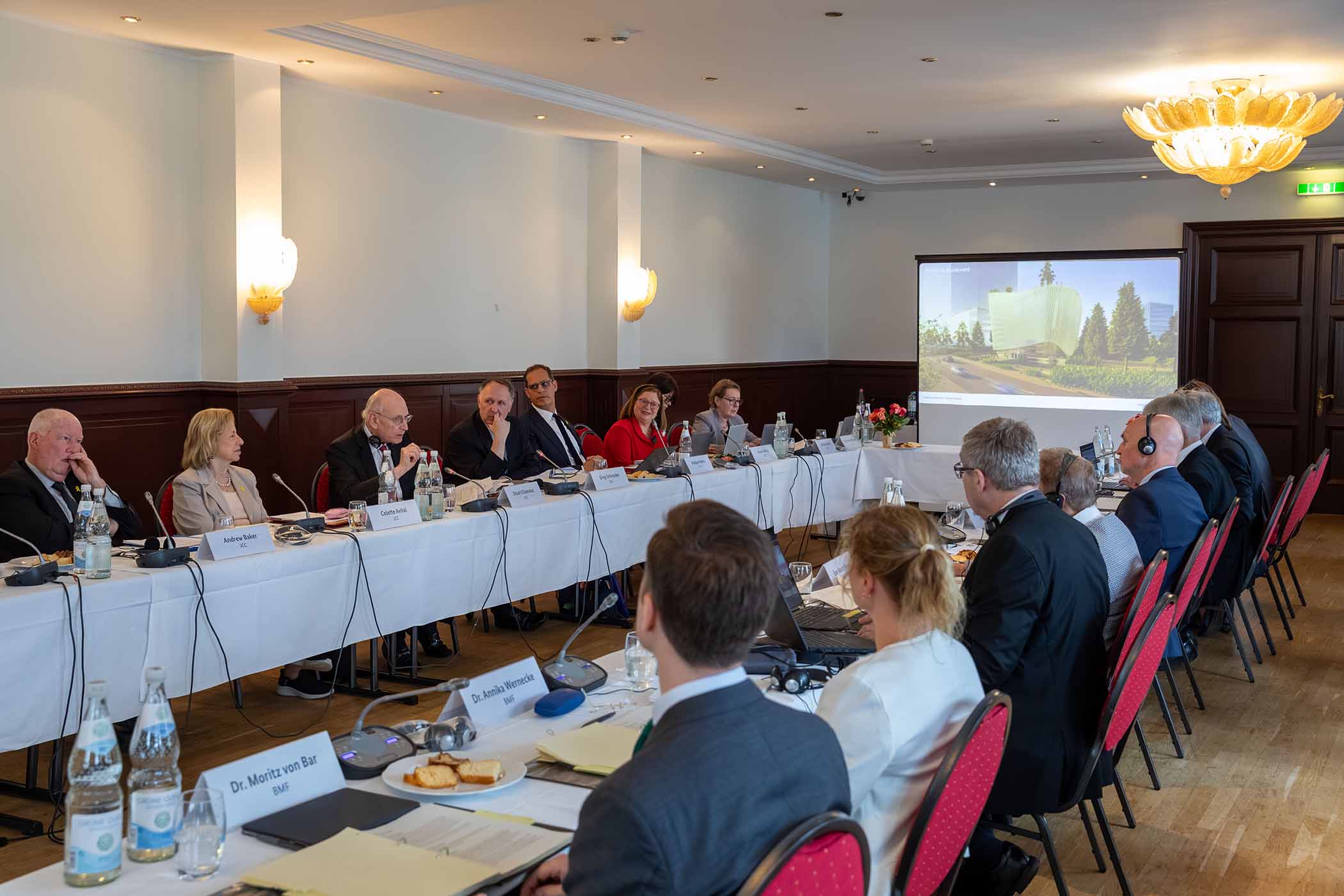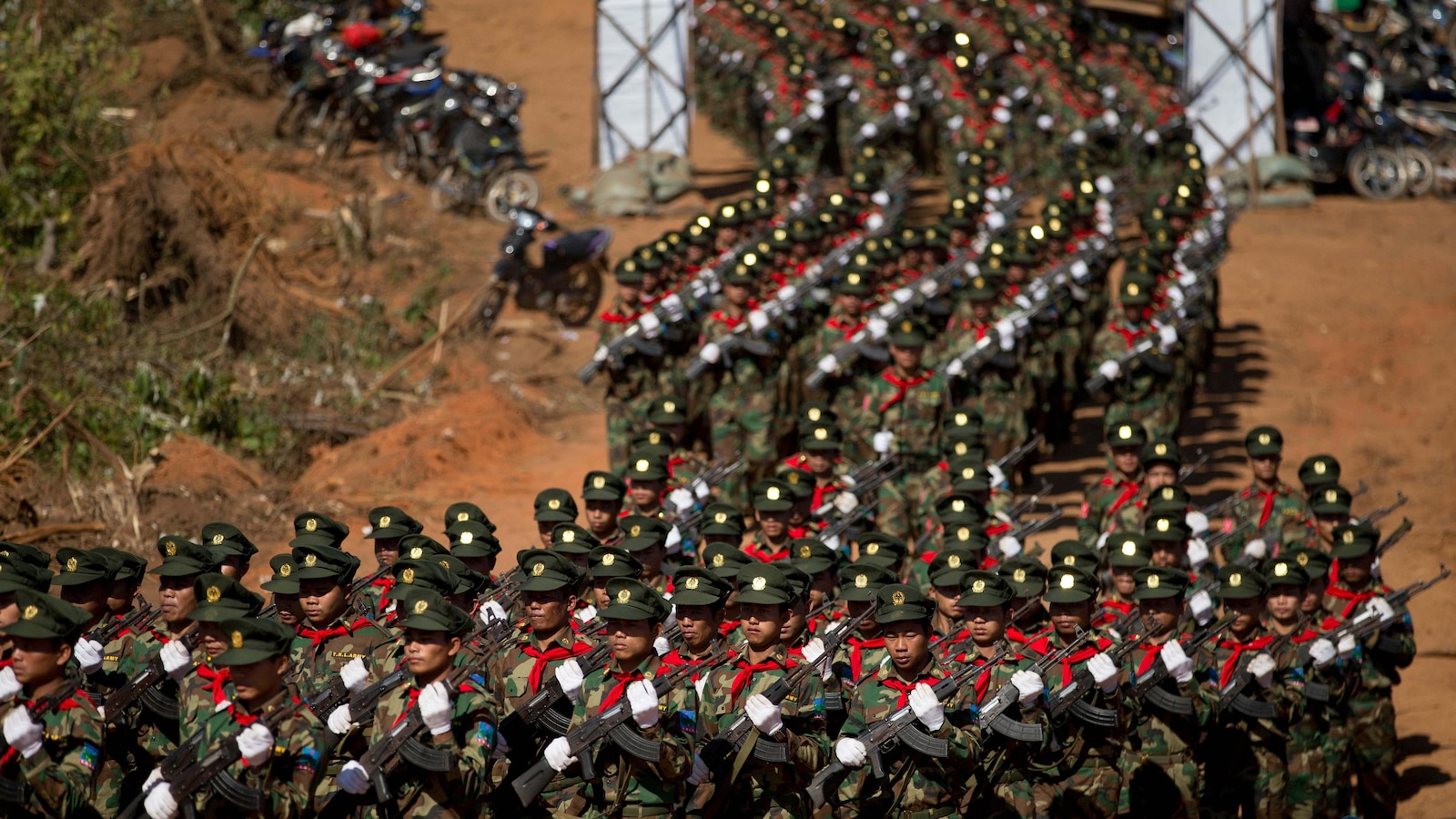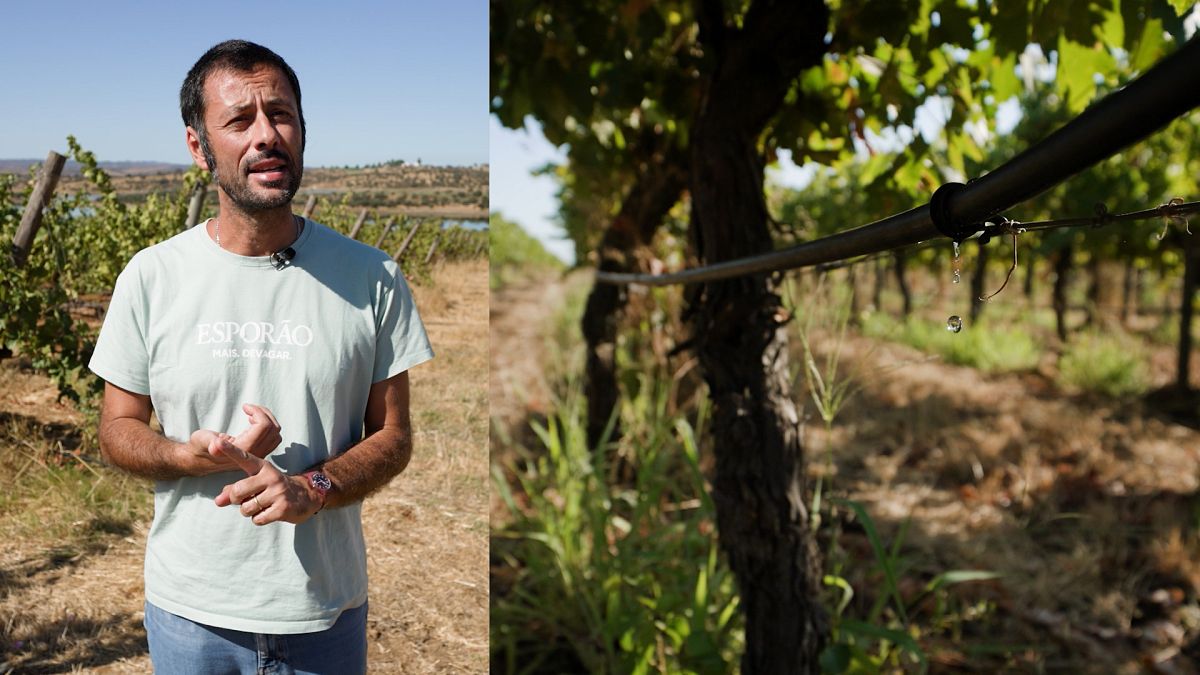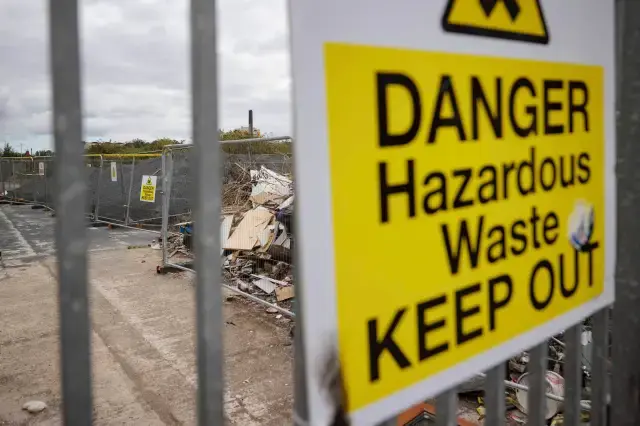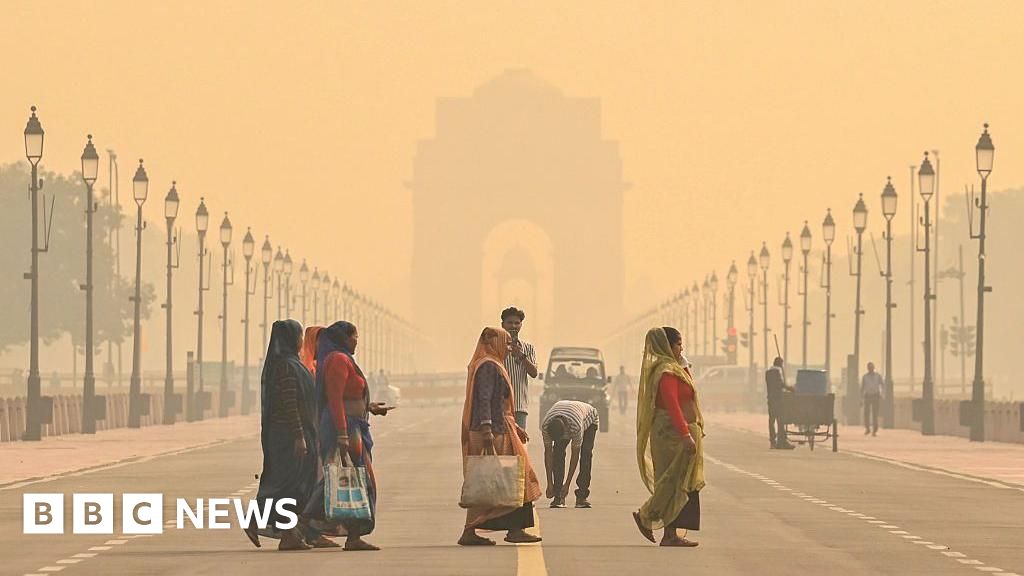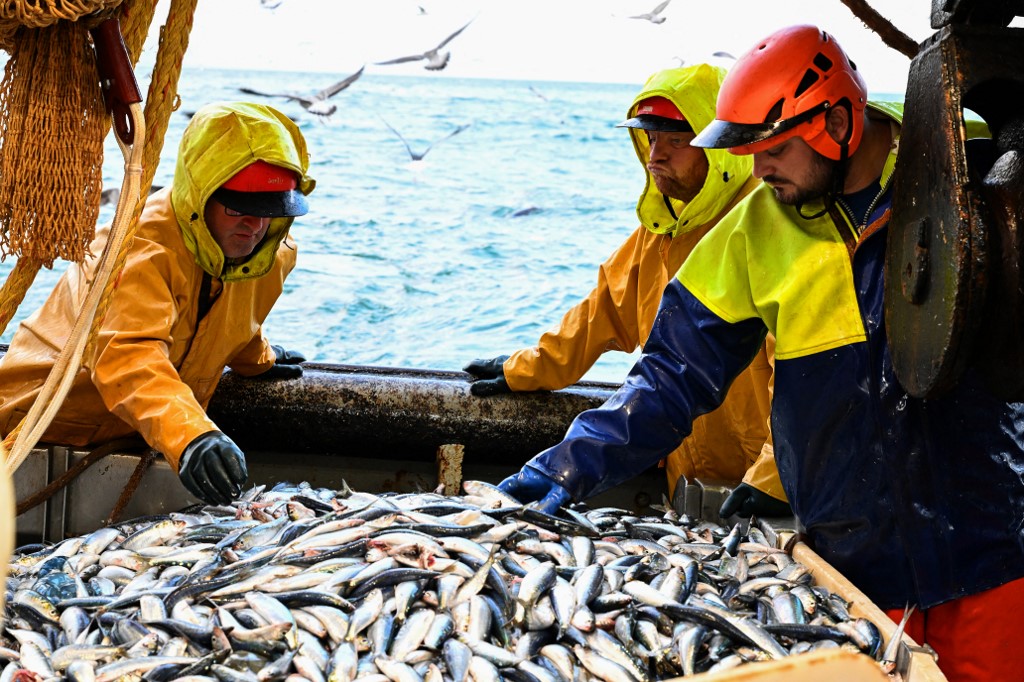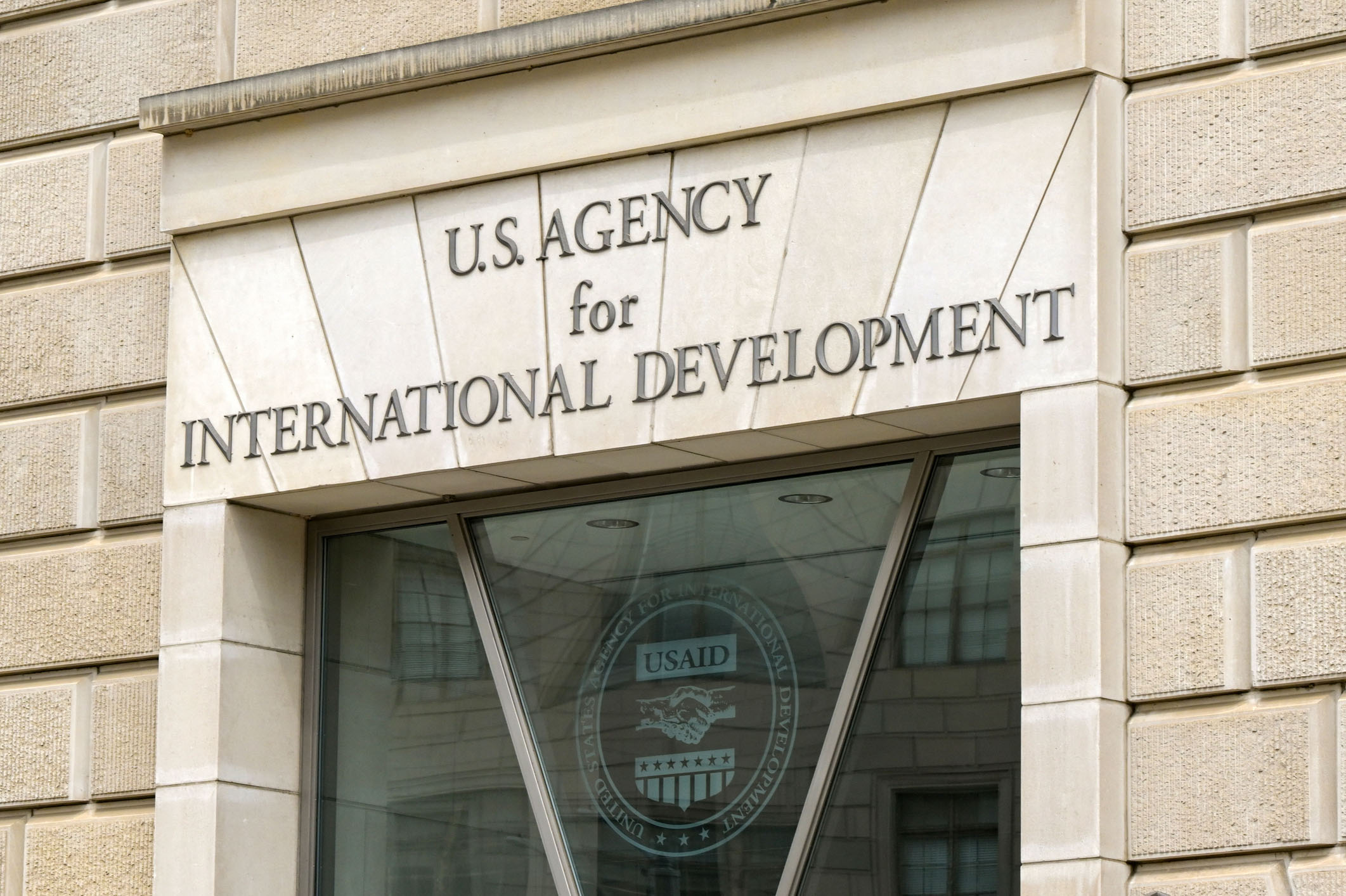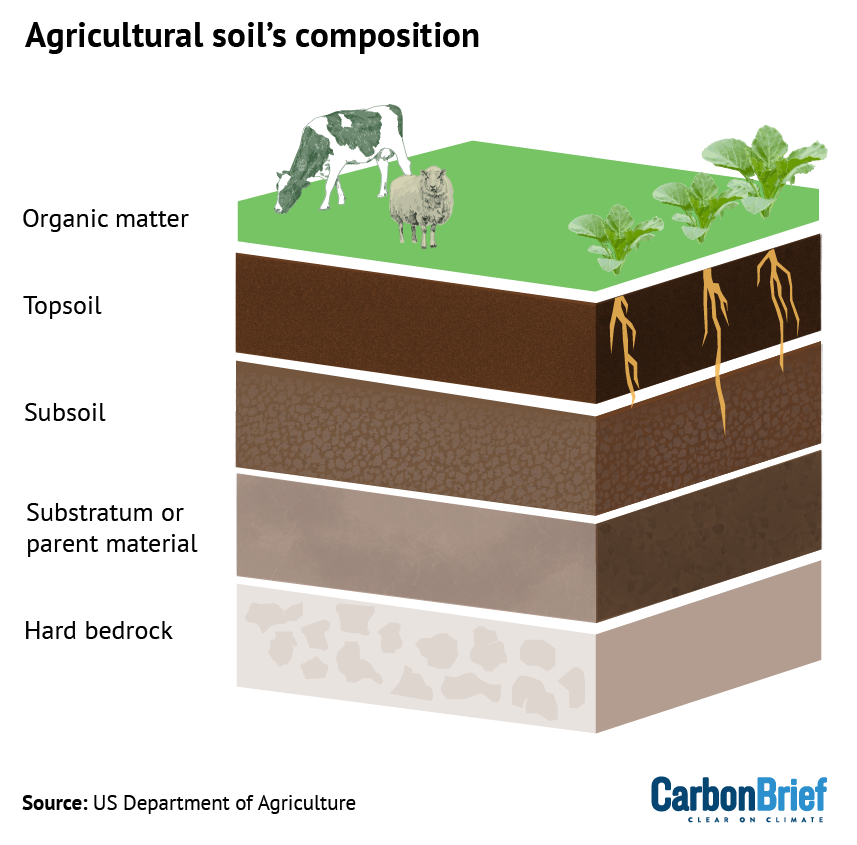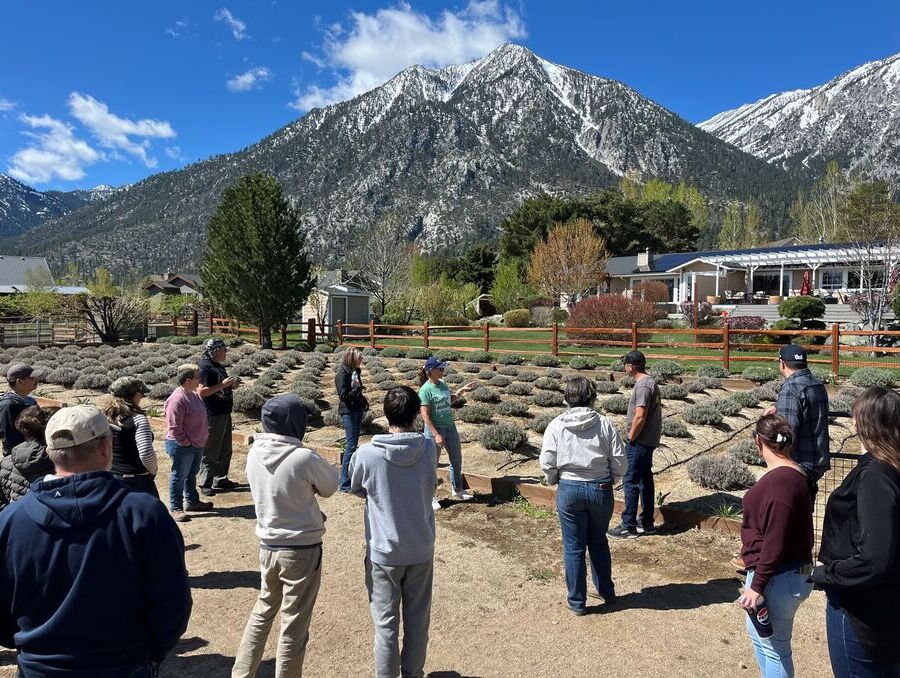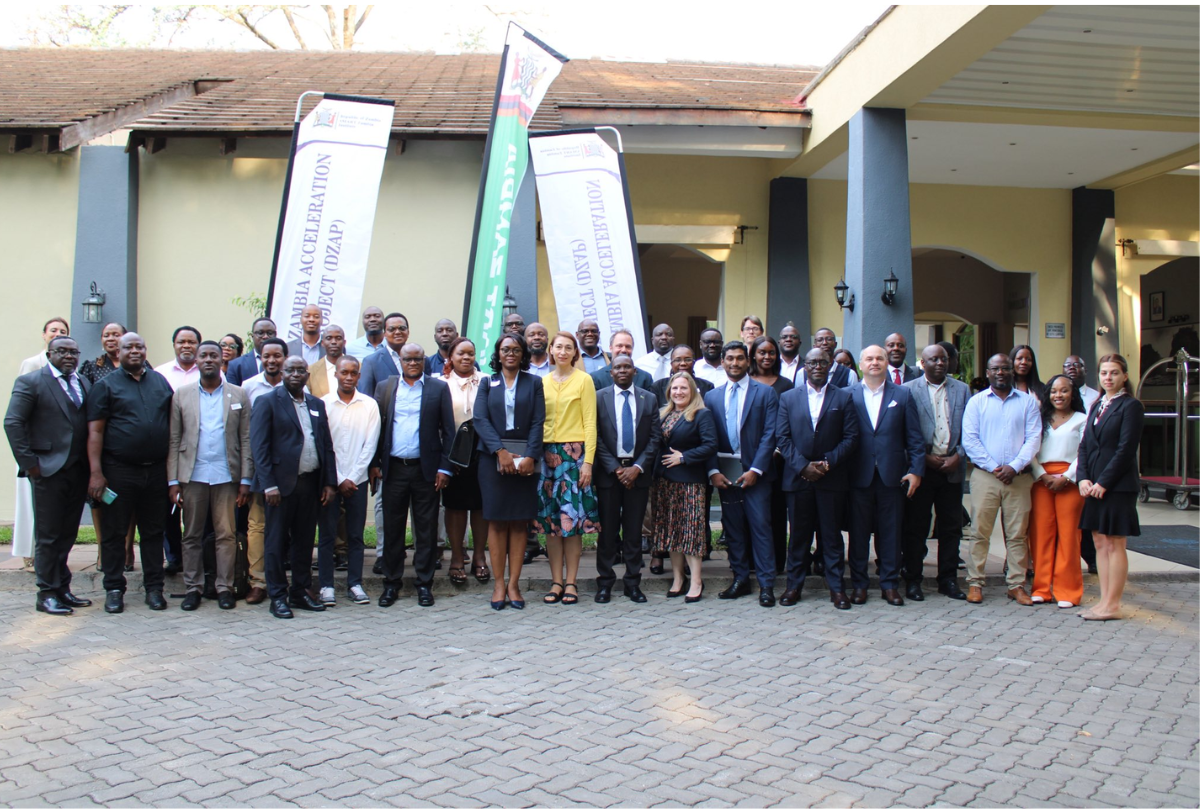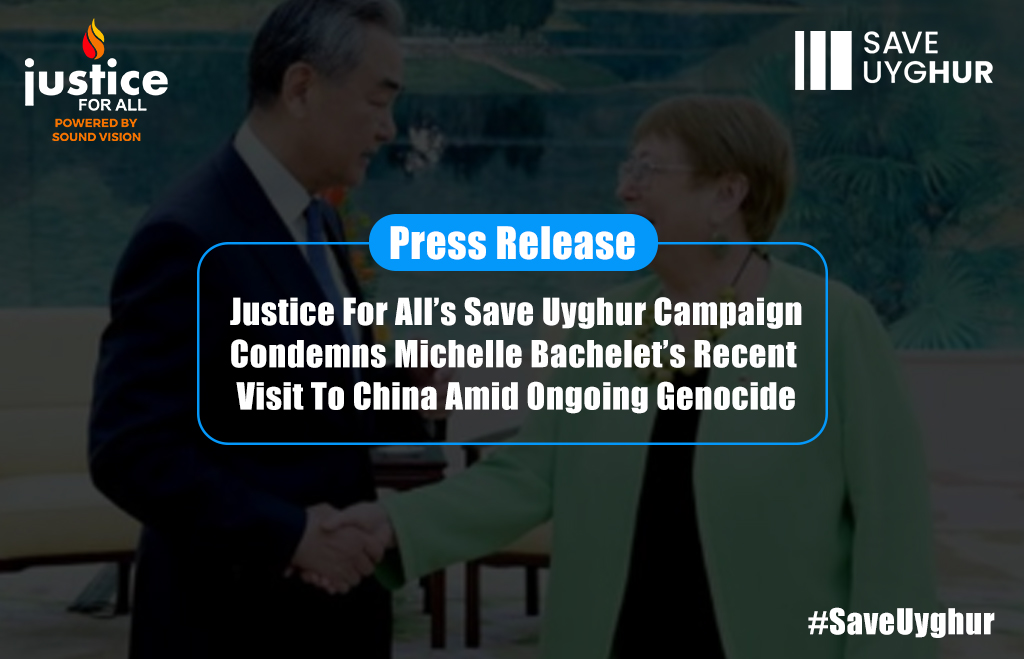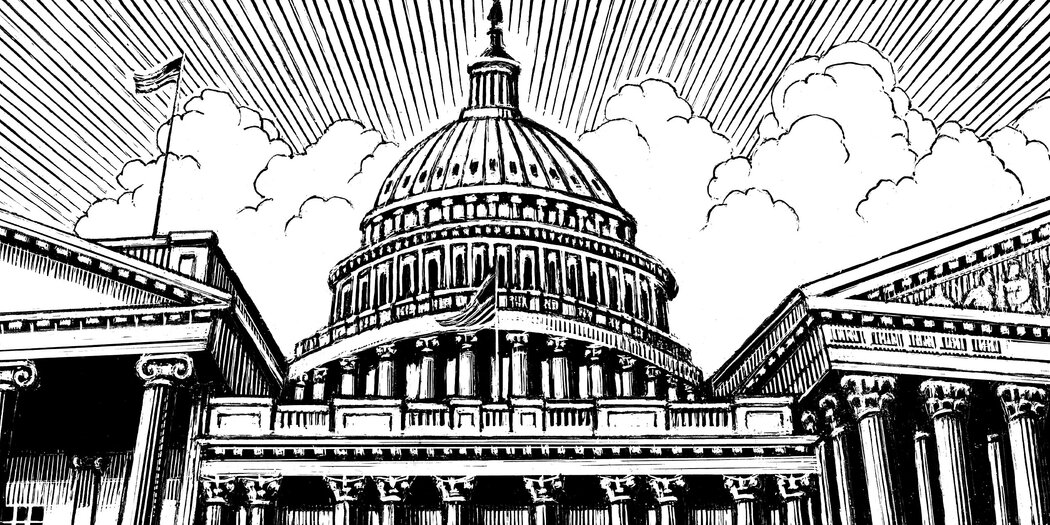UN court denies Mladic, who led Bosnia’s Srebrenica massacre, early release – Al Jazeera

United Nations Court Upholds Justice in Mladic Case, Reinforcing SDG 16
Judicial Ruling on Humanitarian Release Request
A request for early release on humanitarian grounds by Ratko Mladic, a Bosnian Serb military leader convicted of genocide and war crimes, has been denied by the International Residual Mechanism for Criminal Tribunals (IRMCT). This decision underscores the international community’s commitment to accountability, a core tenet of Sustainable Development Goal 16: Peace, Justice and Strong Institutions.
- Basis of Request: Mr. Mladic, 83, filed for early release in June 2025, asserting he was suffering from a terminal illness with only months to live.
- Court’s Finding: Judge Graciela Gatti Santana determined that Mladic’s condition did not meet the legal threshold of an “acute terminal illness” required to warrant early release.
- Health and Well-being (SDG 3): The ruling acknowledged Mladic’s precarious health but affirmed that he receives “very comprehensive and compassionate care.” This highlights the judicial system’s adherence to SDG 3 (Good Health and Well-being) by ensuring proper medical treatment for individuals in detention, while balancing it with the imperatives of justice.
- Conclusion: The court concluded that the humanitarian circumstances were not substantiated and that his continued incarceration is neither “inhuman nor degrading.”
Context of Conviction and Implications for Sustainable Peace
Ratko Mladic is serving a life sentence for orchestrating atrocities during the 1992-1995 Bosnian War. His conviction addresses actions that are in direct opposition to the foundational principles of the Sustainable Development Goals, particularly those aimed at fostering peace and equality.
- Genocide (Violation of SDG 16): His conviction for genocide relates to his command role in the 1995 Srebrenica massacre, where approximately 8,000 Muslim men and boys were systematically murdered. Such acts represent a total failure of peace and justice.
- War Crimes and Crimes Against Humanity: The conviction also covers the terrorizing of the civilian population during the 43-month siege of Sarajevo. These crimes undermine the very fabric of society and hinder any progress towards sustainable development.
- Ethnic Cleansing (Violation of SDG 10): The conflict was characterized by attempts at “ethnic cleansing” to create Serb-dominated territories, a profound assault on SDG 10 (Reduced Inequalities) and the fundamental right of diverse populations to coexist peacefully.
The Role of International Tribunals in Advancing Global Goals
Upholding Accountability and the Rule of Law
The consistent application of justice by institutions like the IRMCT is crucial for achieving the 2030 Agenda for Sustainable Development. By holding individuals accountable for the most severe international crimes, the tribunal directly contributes to building a more peaceful and just world.
- Strengthening Institutions (SDG 16): The court’s handling of the Mladic case, from his trial to the recent ruling on his release, exemplifies a strong and impartial judicial institution at work. It demonstrates that impunity for genocide and war crimes will not be tolerated.
- Promoting Sustainable Peace: Enforcing the rule of law and ensuring that sentences are served are essential steps in the reconciliation process for post-conflict societies. This provides a measure of justice for victims and helps prevent the recurrence of such atrocities, laying the groundwork for lasting peace.
- Addressing Legacies of Conflict: The work of the tribunal is a critical mechanism for addressing the deep-seated inequalities and grievances (SDG 10) that fuel conflict, contributing to a global order based on human rights and justice for all.
Relevant Sustainable Development Goals (SDGs)
-
SDG 16: Peace, Justice and Strong Institutions
This goal is central to the article, which focuses on the legal and judicial aftermath of a major conflict. The article discusses the role of a United Nations war crimes court (the International Residual Mechanism for Criminal Tribunals) in delivering justice for genocide, war crimes, and crimes against humanity committed during the Bosnian war. The court’s decision to deny early release to Ratko Mladic reinforces the principles of justice and accountability for perpetrators of extreme violence, which is a core component of building strong institutions and lasting peace.
-
SDG 10: Reduced Inequalities
The article explicitly mentions that the Bosnian war involved “ethnic cleansing against the country’s two other main ethnic populations – Croats and Muslim Bosniaks” by Bosnian Serbs. The Srebrenica genocide, where “8,000 Muslim men and boys were slaughtered,” was a direct result of this effort to eliminate a specific ethnic and religious group. This addresses the core of SDG 10, which aims to reduce inequalities and eliminate discriminatory practices based on ethnicity and religion. The judicial process described is a response to these extreme acts of discrimination and violence.
Specific Targets Identified
-
SDG 16: Peace, Justice and Strong Institutions
-
Target 16.1: Significantly reduce all forms of violence and related death rates everywhere.
The article directly relates to this target by detailing the consequences of failing to prevent violence. It highlights the “Srebrenica massacre,” the slaughter of “8,000 Muslim men and boys,” the “43-month siege of the Bosnian capital Sarajevo,” and describes the Bosnian war as “the most violent conflict in Europe since the end of World War II” until the recent war in Ukraine. The legal proceedings against Mladic are a mechanism aimed at deterring such violence in the future by ensuring perpetrators are held accountable.
-
Target 16.3: Promote the rule of law at the national and international levels and ensure equal access to justice for all.
This target is exemplified by the entire subject of the article. The functioning of the “United Nations war crimes court,” the “International Residual Mechanism for Criminal Tribunals,” is a direct application of the rule of law at the international level. The court’s process, from Mladic’s initial sentence of “life imprisonment in 2017 over genocide, war crimes and crimes against humanity” to the recent “12-page decision” by Judge Graciela Gatti Santana to deny his release, demonstrates a formal judicial system providing justice for the victims of the conflict.
-
-
SDG 10: Reduced Inequalities
-
Target 10.3: Ensure equal opportunity and reduce inequalities of outcome, including by eliminating discriminatory laws, policies and practices.
The article describes the root cause of the violence as an attempt to create extreme inequality. The conflict involved “ethnic cleansing” with the goal of carving out “Serb-dominated areas.” The Srebrenica genocide was the “bloody crescendo” of this discriminatory campaign targeting “Muslim Bosniaks.” Holding the architect of these crimes accountable is a fundamental step in rejecting and remedying the outcomes of such discriminatory practices.
-
Implied Indicators for Measuring Progress
-
For SDG 16: Peace, Justice and Strong Institutions
-
Indicator for Target 16.1:
The article implies an indicator related to the number of victims of intentional homicide and conflict. The specific mention of “8,000 Muslim men and boys were slaughtered in Srebrenica” serves as a historical data point for this indicator, highlighting the scale of violence that justice systems must address.
-
Indicator for Target 16.3:
An implied indicator is the number of individuals successfully prosecuted and sentenced for genocide, war crimes, and crimes against humanity by international tribunals. The article’s focus on “Ratko Mladic,” who was “sentenced to life imprisonment” and is “serving his sentence in The Hague,” provides a specific example of this indicator being met. The court’s continued operation and enforcement of its sentences measure progress towards accountability.
-
-
For SDG 10: Reduced Inequalities
-
Indicator for Target 10.3:
The article implies an indicator related to the number of documented cases of genocide and ethnic cleansing based on ethnic or religious grounds. The text explicitly names the “Srebrenica genocide” and the practice of “ethnic cleansing” against “Muslim Bosniaks” as the core crimes. The judicial recognition and condemnation of these acts are a way of measuring the global response to such extreme forms of discrimination.
-
Summary of Findings
| SDGs | Targets | Indicators (Mentioned or Implied in the Article) |
|---|---|---|
| SDG 16: Peace, Justice and Strong Institutions | 16.1: Significantly reduce all forms of violence and related death rates everywhere. | Number of victims of genocide and war crimes (e.g., “8,000 Muslim men and boys were slaughtered in Srebrenica”). |
| SDG 16: Peace, Justice and Strong Institutions | 16.3: Promote the rule of law at the national and international levels and ensure equal access to justice for all. | Number of individuals held accountable for war crimes by international tribunals (e.g., “Ratko Mladic was sentenced to life imprisonment”). |
| SDG 10: Reduced Inequalities | 10.3: Ensure equal opportunity and reduce inequalities of outcome, including by eliminating discriminatory… practices. | Documented cases of genocide and ethnic cleansing targeting specific population groups (e.g., “Srebrenica genocide” and “ethnic cleansing against… Muslim Bosniaks”). |
Source: aljazeera.com

What is Your Reaction?
 Like
0
Like
0
 Dislike
0
Dislike
0
 Love
0
Love
0
 Funny
0
Funny
0
 Angry
0
Angry
0
 Sad
0
Sad
0
 Wow
0
Wow
0



